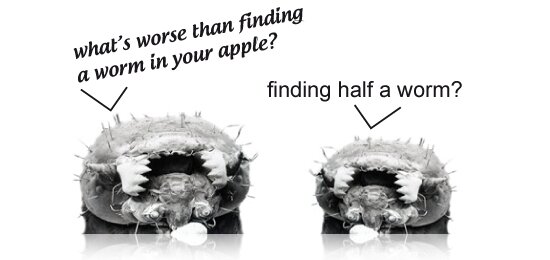

Their tiny size and underground existence keeps them out of sight and out of mind; their other-worldly appearance, their crawling, squirming, gnawing, conspire to render them unattractive; but what they lack in beauty, they make up for in numbers and worth. The mites, lice and bacteria that inhabit the world beneath our feet are vital for maintaining balanced ecosystems and agricultural production – quite simply, we could not live without them.
Read More >



